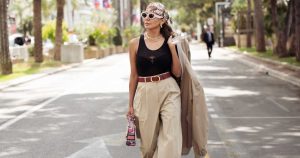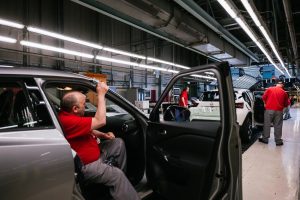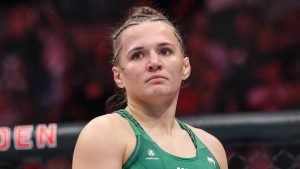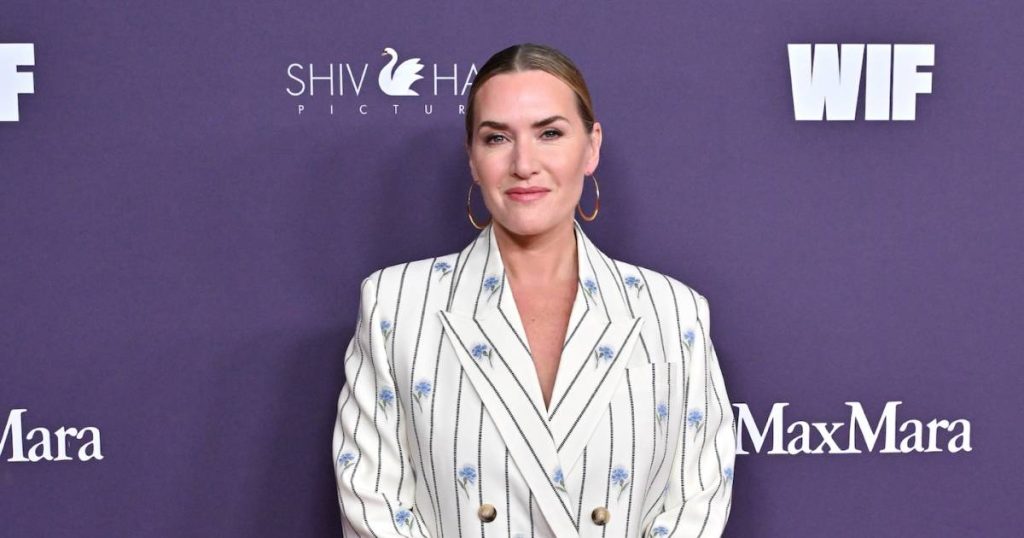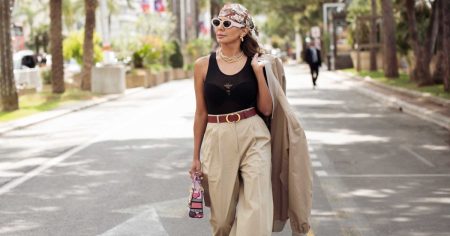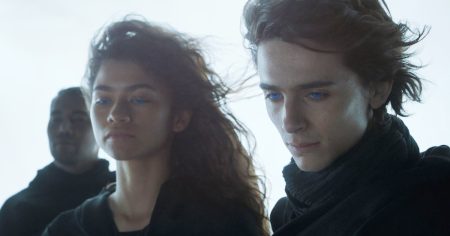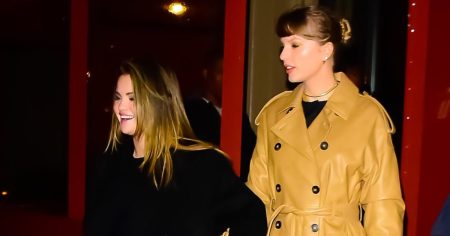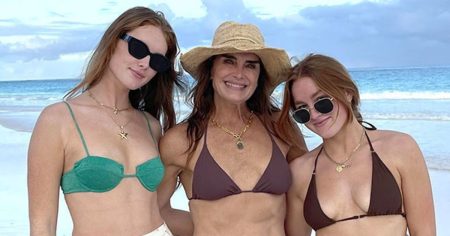Kate Winslet, celebrated for her bold and diverse acting roles, recently revealed a surprising vulnerability: a fear of cows. While appearing on The Late Show with Stephen Colbert, Winslet confessed her apprehension towards these seemingly docile creatures, sparking laughter from both the host and the audience. She shared an anecdote about receiving advice on "reading" a field of cows, learning to interpret their tail swishing and fly-flicking as signs of potential aggression. This newfound knowledge amplified her existing anxieties about encountering cows during her frequent hikes through fields, leading her to half-jokingly anticipate a stampede. Winslet’s fear, though played for comedic effect, stems from genuine concern. She recounted a personal experience of being stalked by a group of cows, their slow, menacing approach accelerating into a "borderline gallop." This incident, coupled with stories she’d heard about dangerous cow encounters in England, solidified her wariness. Despite acknowledging the irrationality of her fear, Winslet admitted a desire to overcome it, suggesting a complex interplay of humor and genuine apprehension.
The conversation about cows unfolded during Colbert’s signature "Colbert Questionert," a series of quirky questions designed to reveal unexpected facets of his guests’ personalities. This lighthearted segment, which has featured numerous A-list celebrities, offered a glimpse into Winslet’s less-known anxieties, contrasting with her on-screen persona of strength and resilience. The juxtaposition of the Oscar-winning actress expressing a fear of cows provided a moment of humorous relatability, highlighting the universality of seemingly irrational fears, even among those who exude confidence in other aspects of their lives. The anecdote humanized Winslet, presenting her not just as a celebrated actress but also as someone who shares common anxieties, making her more relatable to the audience.
Winslet’s candidness about her bovine phobia echoes her willingness to share behind-the-scenes details of her iconic film roles. This transparency extends to her recent revelation about the filming of the pivotal "door scene" in Titanic, a moment that has sparked debate and speculation among fans for years. Winslet’s disclosure that the scene was filmed in waist-high water, rather than the deep ocean depicted on screen, adds a layer of practicality to the dramatic sequence. Her description of having to climb out of the tank repeatedly to use the restroom further demystifies the filmmaking process, highlighting the unglamorous realities that often lie behind cinematic magic.
The detail about DiCaprio kneeling throughout his character’s death scene adds another dimension to the iconic moment, revealing the physical discomfort the actor endured for the sake of authenticity. Winslet’s willingness to share these less-than-glamorous details offers a refreshing counterpoint to the idealized image often projected in Hollywood. Her open and honest approach allows audiences to connect with her on a more personal level, reinforcing her image as a down-to-earth and relatable figure. This candidness also serves to humanize the filmmaking process, reminding viewers that even the most dramatic and visually stunning scenes are the result of meticulous planning and often uncomfortable compromises.
The juxtaposition of Winslet’s cow phobia and the Titanic anecdote creates an interesting narrative arc, showcasing her diverse personality. On one hand, she reveals a vulnerability and a common fear that resonates with everyday experiences. On the other, she provides a glimpse into the realities of her profession, pulling back the curtain on a moment that has captivated audiences for decades. These two seemingly disparate anecdotes converge to paint a more complete and nuanced picture of Kate Winslet, revealing her as both a celebrated actress and a relatable individual with her own unique quirks and anxieties. They highlight her willingness to embrace humor and honesty, allowing her to connect with audiences on a more personal and authentic level.
This blend of humor and genuine concern in Winslet’s recounting of her cow encounter adds a layer of complexity to her public persona. It showcases her ability to laugh at herself while also acknowledging a legitimate fear. This self-deprecating humor makes her even more relatable to audiences, as it underscores the human tendency to hold onto seemingly irrational anxieties. Her willingness to share this vulnerability adds to her charm and strengthens her connection with fans, who can appreciate her honesty and her ability to find humor in everyday situations. It’s a testament to her down-to-earth nature and her willingness to present herself as a multi-faceted individual, not just a glamorous Hollywood icon.
Finally, the seemingly insignificant detail of Winslet’s cow phobia offers a valuable insight into her character. It reveals a groundedness and a willingness to embrace her own vulnerabilities, even in the face of potential ridicule. This honesty and self-awareness are qualities that have undoubtedly contributed to her success as an actress. Her ability to connect with audiences stems not just from her talent but also from her relatability and her willingness to show her human side. The cow anecdote, though humorous on the surface, ultimately reveals a deeper truth about Kate Winslet: she is a talented actress, a relatable individual, and someone who isn’t afraid to share her anxieties and fears, even those as seemingly trivial as a fear of cows. This combination of strength, vulnerability, and humor makes her a compelling figure both on and off the screen.
